Answer set programming is a declarative programming paradigm that can solve difficult search problems. It is based on the stable model (answer set) semantics of logic programming. Unlike traditional programming languages, we don’t give step by step instructions in answer set programming. It is something more like this is what I want, now you work out how to do it.
Answer set programming (ASP) is a declarative programming paradigm that can solve difficult search problems. It is based on the stable model (answer set) semantics of logic programming. Unlike traditional programming languages, we don’t give step by step instructions in answer set programming. It is something more like this is what I want, now you work out how to do it.
In answer set programming, if we can get the logic correct, ASP requires:
- Orders of magnitude less code than imperative programming
- Fewer points of failure
- Less code to test
- More productive (happier) programming life

